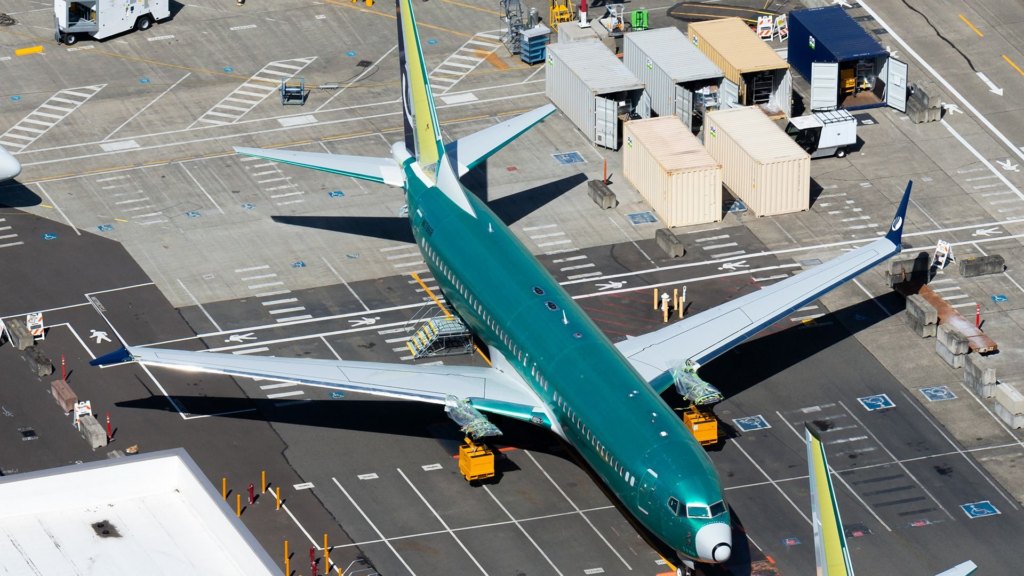Ultimately, the biggest story of the day was the news that Donald Trump was reconsidering tariffs on China, a move that spooked not just investors in the industrials sector but across the broader market as a whole. This is a unique concern for Boeing, as the airline does have a global supply chain and recently logged a major order with China. We examine today’s developments and what all of this could mean for Boeing.
A Deeper Look At The Situation At Hand
The threat of new tariffs between the United States and China will mostly affect Boeing in two key ways. For starters, Boeing produces its aircraft in the United States, but it buys subcomponents from a large range of global suppliers. These subcomponents could be subject to tariffs, which would clog up supply chains. Both would be very bad for Boeing, as it would increase unit costs and decrease the airline’s ability to deliver on its operational objectives, especially when it comes to the Boeing 737 MAX.
Furthermore, these tariffs could make Boeing sales subject to tariffs. This would be a major threat to the aircraft manufacturer’s recently announced deal with China, which was a major positive driver for the company over the past few weeks. Equity analysts are undoubtedly on the edge of their seats, waiting to see how this development will shake out.
How Did All Of This Shake Out So Quickly?
Earlier today, US-China trade relations quickly flared up on account of two major moves. For starters, Washington’s new port fees for ships linked to China, which are set to start up on October 14, and President Trump’s broader threat of massive tariff hikes, according to AP News. Shortly after markets closed, Trump confirmed that the upcoming tariffs will be enacted over the next few weeks.
Beijing, as one would expect, was quick to respond. China announced that it would immediately retaliate with escalating port fees and tightened export limits (especially for rare earth elements). This immediately caused uncertainty in financial markets. As a result, companies like Boeing (the single largest exporter in the United States) quickly saw shares sell off amid greater concerns. Customers (specifically airlines) will have to evaluate the potential impacts this latest move could have.
For Boeing, escalation risks come in two components. For starters, deliveries to China are a significant risk, and they were already disrupted by earlier tariffs in 2025. The input pressure is also real. Restrictions on rare-earth metals are another major risk for Boeing, which uses these kinds of materials in many electronic systems. Across the board, Boeing’s execution risk is incredibly high, and this additional conflict furthers the risk that Chinese market share could soon be lost to Airbus.
A Deeper Look At The Big Picture For The Aviation Industry
At the end of the day, this additional amount of risk is bad for any North American or Chinese airline. The additional macroeconomic risk and disruption that these tariffs bring along could cause consumers to be more hesitant going into the fourth quarter. Airlines are typically businesses that thrive and struggle with the business cycle, as discretionary spending (both by individuals and businesses) is their principal source of margin growth.
Boeing’s response to these additional risks could help improve or also harm investor confidence going into the last quarter of the year. The company’s order from China is a major piece of its long-term revenue-generation picture. As a result, investors are right to be concerned over these developments.
There is a risk that all of this could just be noise, and that the President’s statements today are not actually reflective of upcoming actions. The aviation industry has seen disruption this year around events like Liberation Day, but it has also been quick to recover as soon as Trump backs off his threats.

